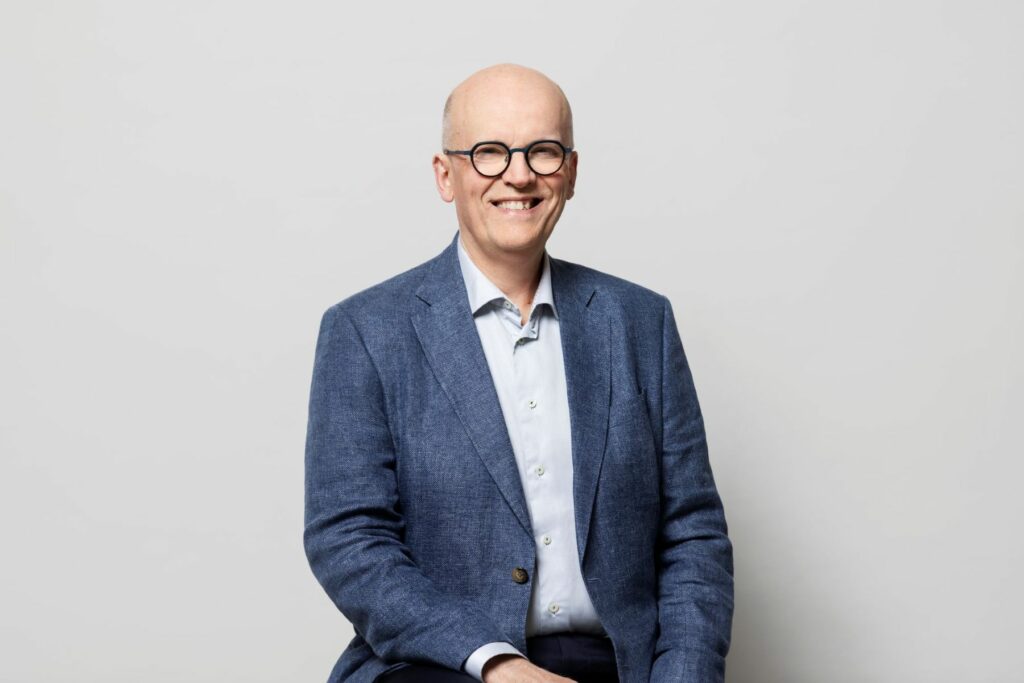Insider Brief
- XeedQ is establishing Quantum Information Technology Centers in Telangana and Tamil Nadu, aiming to democratize quantum computing and train young professionals in real systems.
- The company has signed a €30 million deal with the German Aerospace Center to develop a 32-qubit quantum computer by 2026, with a target of 256 qubits.
- XeedQ’s initiative complements India’s National Quantum Mission, which seeks to develop intermediate-scale quantum computers and strengthen the country’s quantum computing infrastructure.
Leipzig-based quantum computing company XeedQ is preparing to establish Quantum Information Technology Centers in Telangana and Tamil Nadu, according to The Business Standard.
“Our aim is to democratise quantum computing and train youngsters in actual systems. We are already in talks with the two state governments,” said Gopi Balasubramanian, CEO and founder of XeedQ.
This will be the first major initiative of its kind in India by a private company, following Amazon Web Services’ (AWS) collaboration with the Ministry of Electronics and Information Technology (MeitY) to establish the Quantum Computing Applications Lab (QCAL).

XeedQ has already secured a €30 million deal with the German Aerospace Center (DLR) to develop a scalable quantum computing technology capable of delivering a 32-qubit quantum computer by 2026. The company’s goal is to create advanced quantum systems while contributing to India’s growing quantum ecosystem, which is being bolstered by the government’s National Quantum Mission (NQM). The NQM, with an investment of Rs 6,000 crore, aims to develop intermediate-scale quantum computers with 50-1,000 physical qubits within the next eight years.
“These centres aim to boost regional quantum computing infrastructure, positioning India as a key player in the global quantum arena. Through the centres, we can contribute hardware and train students,” Balasubramanian said, pointing out the dual focus of the centers on infrastructure and education.
XeedQ is positioned to make a mark in the Indian quantum space, with its flagship multi-qubit processor, the XQ1, already in use in major sectors, according to The Business Standard. This processor operates at room temperature, making it practical for applications ranging from quantum algorithms and AI to cryptography and pharmaceuticals.
“Our vision is to bring quantum processors within the reach of innovators, students and problem solvers and empower them to implement quantum solutions that make an impact on society,” added Balasubramanian. XeedQ’s quantum processors are known for being solid-state, compact and energy-efficient that offer the potential for use in diverse industries such as energy, automotive, and logistics.
The company’s target is to release processors with up to 256 qubits by 2026. It has already sold five XQ1 processors to key customers, including the German Aerospace Agency, The Business Standard reports. The XQ1i model is now the first of DLR’s own quantum computing infrastructure.
Educational institutes in India, such as IIT Madras and the Indian Institute of Science (IISc), are already contributing to quantum research. IIT Madras has established the Centre for Quantum Information, Communication, and Computing, while IISc has tied up with Samsung Semiconductor India Research (SSIR) to build a Quantum Technology Lab in Bengaluru.

















